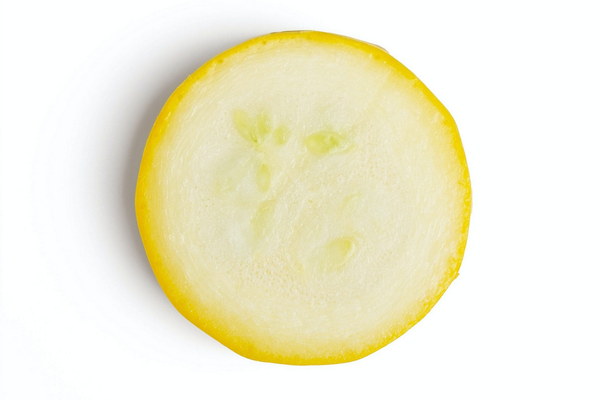5 Situations That Demand You to Prioritize Liver Care How to Protect Your Hepatic Health
In the fast-paced modern world, our liver often bears the brunt of our unhealthy lifestyles, poor dietary choices, and environmental stressors. Recognizing the signs that your liver needs some extra care is crucial for maintaining overall health. Here are five common situations that demand you to prioritize liver care:

1. Excessive Alcohol Consumption
Alcohol is a well-known liver toxin. Regular and excessive alcohol intake can lead to fatty liver disease, hepatitis, and cirrhosis. If you find yourself consuming more than the recommended daily limits, it's time to reconsider your drinking habits and start implementing liver-healthy practices.
How to Protect Your Liver:
- Limit alcohol consumption or consider sobriety.
- Stay hydrated by drinking plenty of water.
- Eat a balanced diet rich in antioxidants, vitamins, and minerals.
- Regular exercise can help improve liver function and reduce the risk of fatty liver disease.
2. Poor Diet and Weight Gain
A diet high in processed foods, sugar, and saturated fats can lead to obesity, which in turn increases the risk of non-alcoholic fatty liver disease (NAFLD). Maintaining a healthy weight and eating a balanced diet are essential for liver health.
How to Protect Your Liver:
- Adopt a diet rich in fruits, vegetables, whole grains, lean proteins, and healthy fats.
- Avoid high-sugar, high-fat foods.
- Regular exercise can help manage weight and improve liver function.
3. Chronic Stress
Chronic stress can have a negative impact on your liver health. Stress can lead to increased cortisol levels, which can promote fat accumulation in the liver and hinder its ability to function properly.
How to Protect Your Liver:
- Practice stress-reduction techniques such as meditation, yoga, or deep breathing exercises.
- Get regular physical activity to help manage stress.
- Ensure you're getting enough sleep, as sleep deprivation can exacerbate stress levels.
4. Use of Over-the-Counter Medications and Supplements
Many over-the-counter medications and supplements can be harmful to the liver, especially if taken in high doses or for extended periods. Always read the labels and consult with a healthcare professional before starting any new medication or supplement.
How to Protect Your Liver:
- Use medications and supplements as directed.
- Be aware of potential interactions between different substances.
- Discuss your medication and supplement use with your doctor to ensure they are safe for your liver.
5. Exposure to Environmental Toxins
Toxins found in the environment, such as air pollutants and certain chemicals, can also damage the liver. Minimizing exposure to these toxins is an important aspect of liver care.
How to Protect Your Liver:
- Use air purifiers in your home to reduce indoor air pollution.
- Choose organic produce and limit exposure to pesticides.
- Avoid products containing harmful chemicals, such as certain cleaning agents and personal care products.
In conclusion, prioritizing liver care is essential for maintaining a healthy body. Whether you're dealing with excessive alcohol consumption, a poor diet, chronic stress, the use of over-the-counter medications, or exposure to environmental toxins, taking proactive steps to protect your liver can lead to a healthier life. Remember, your liver is a vital organ that works hard to keep your body running smoothly. Treat it well, and it will reward you with robust health.









